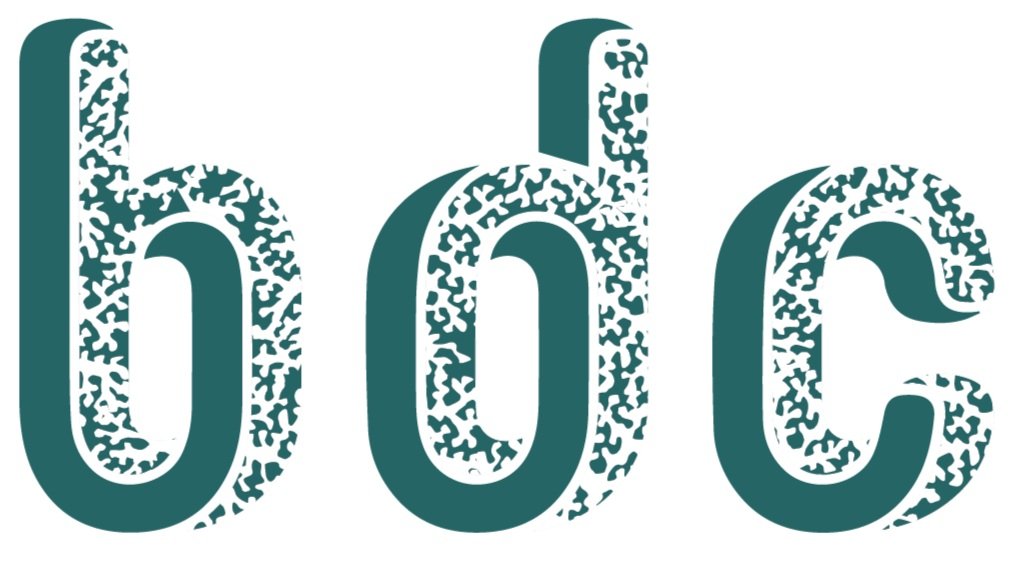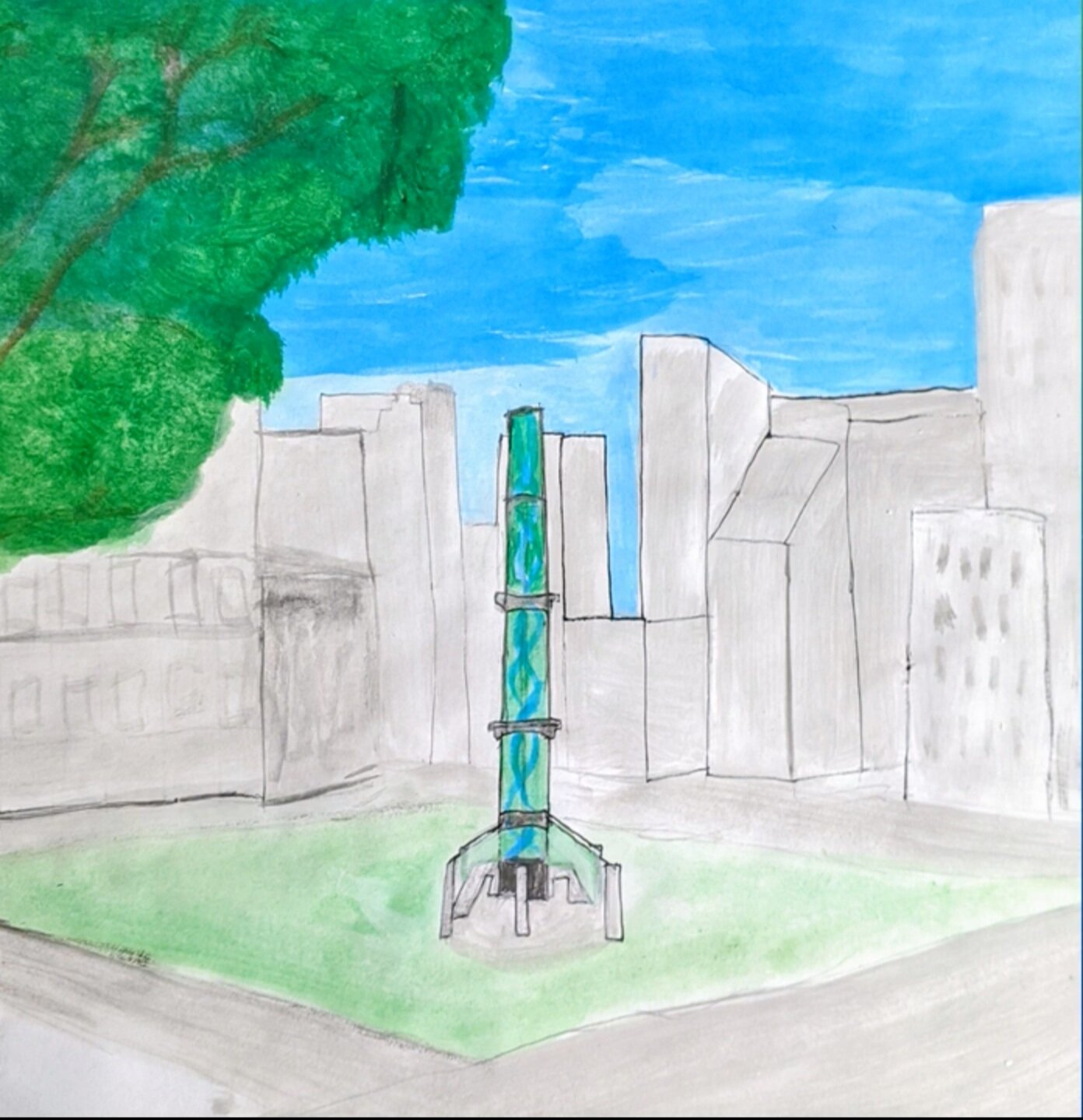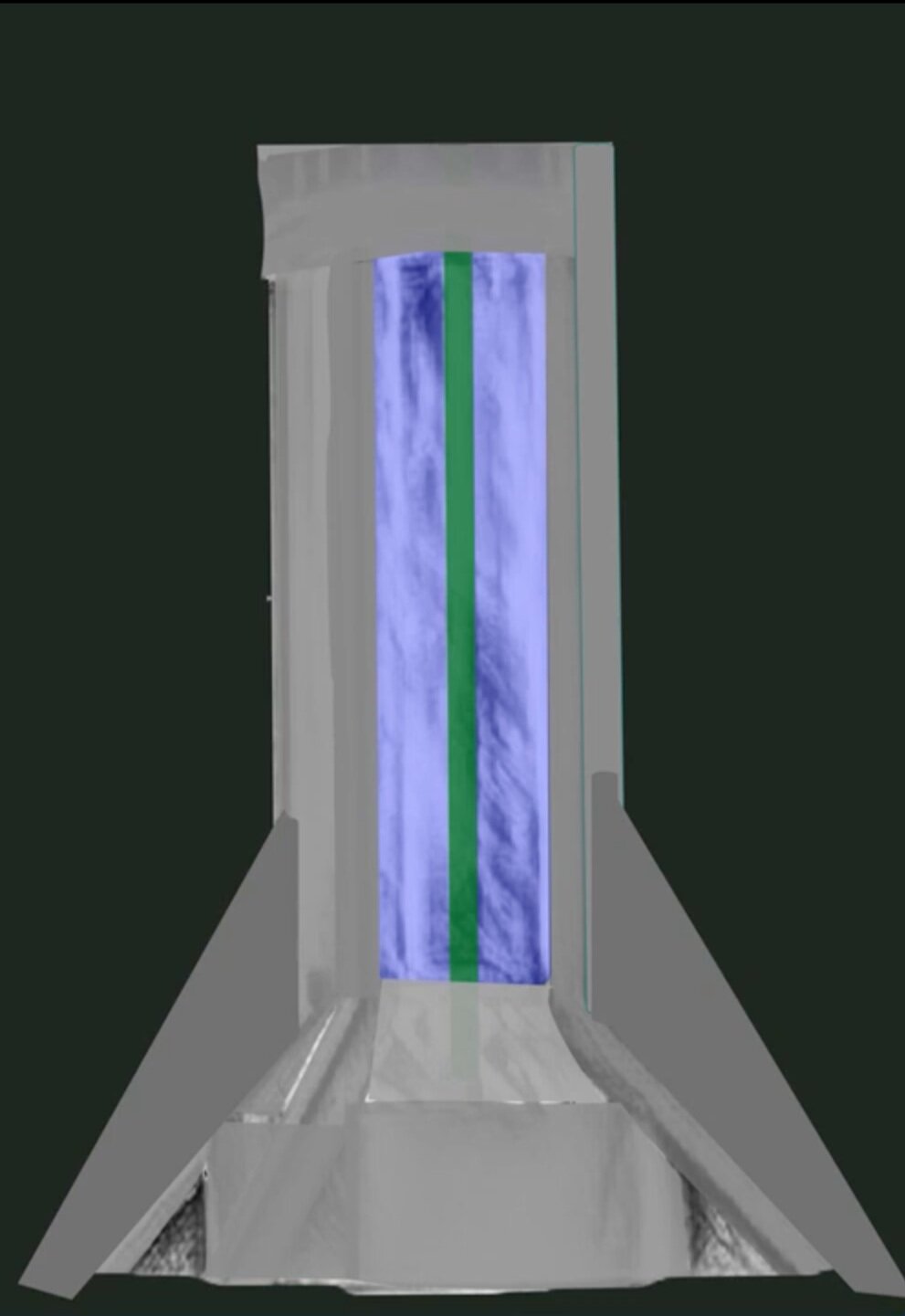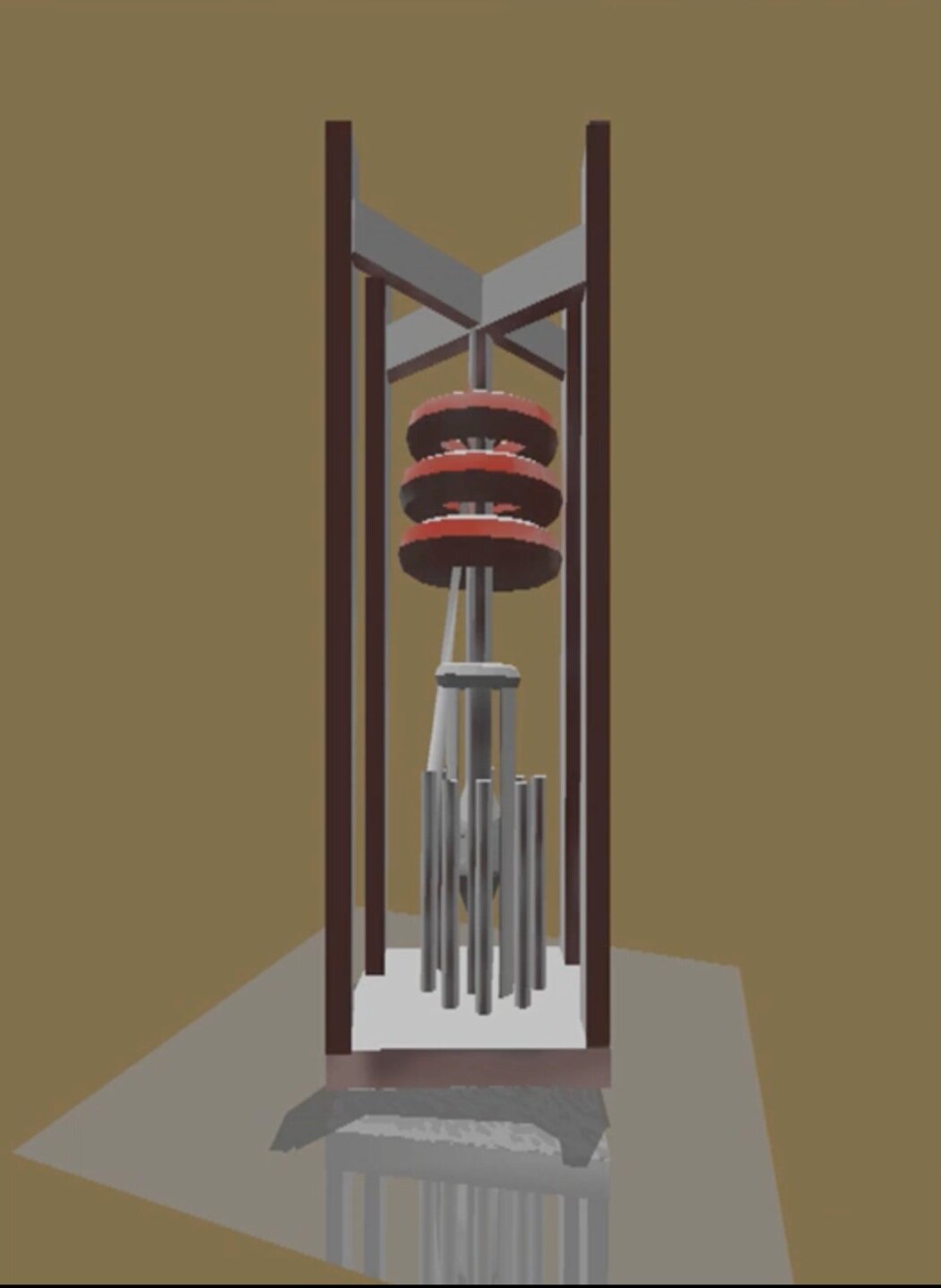Jacksonville State University
PROJECTS | 2020
Vital Skin
Zack Galbreath, Avery Lowe, Will Milner, Abigail Read, Kyra Watral
Meant as a personal healthcare device, Vital Skin includes a three-part biometric system: an implant that measures vitals, a home medical lab, and a sleeve that relays continual health information to users.
Finalist Team


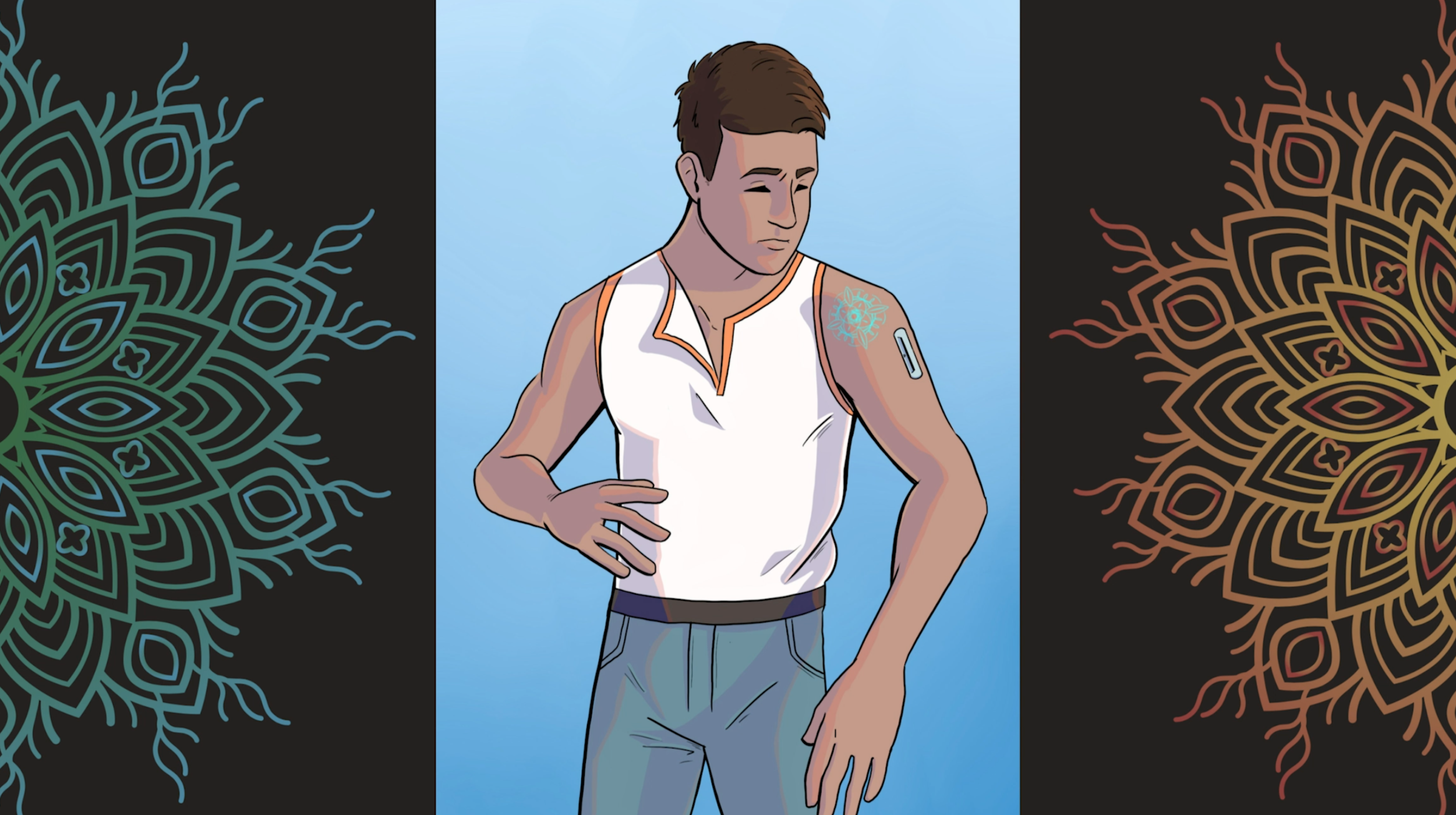
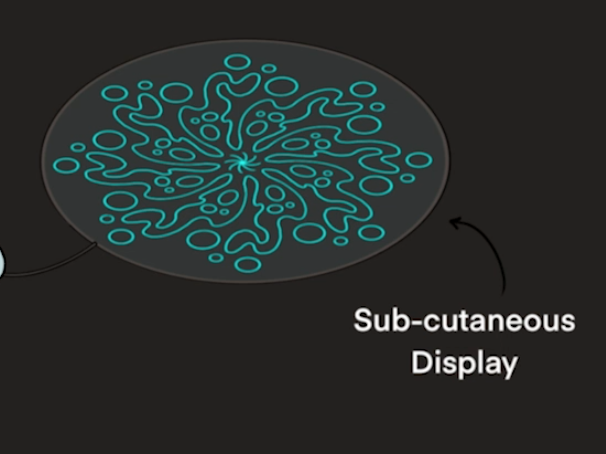
TOPER
Gabrielle Armstrong, Kate Dempsey, Jamall James, Emma Lindsey, Ruby Thamert, Reagan Tidmore
TOPER is a self-powered aquatic robot with animal-like qualities that allow it to blend into the ocean environment as it removes and “digests” plastic pollutions.
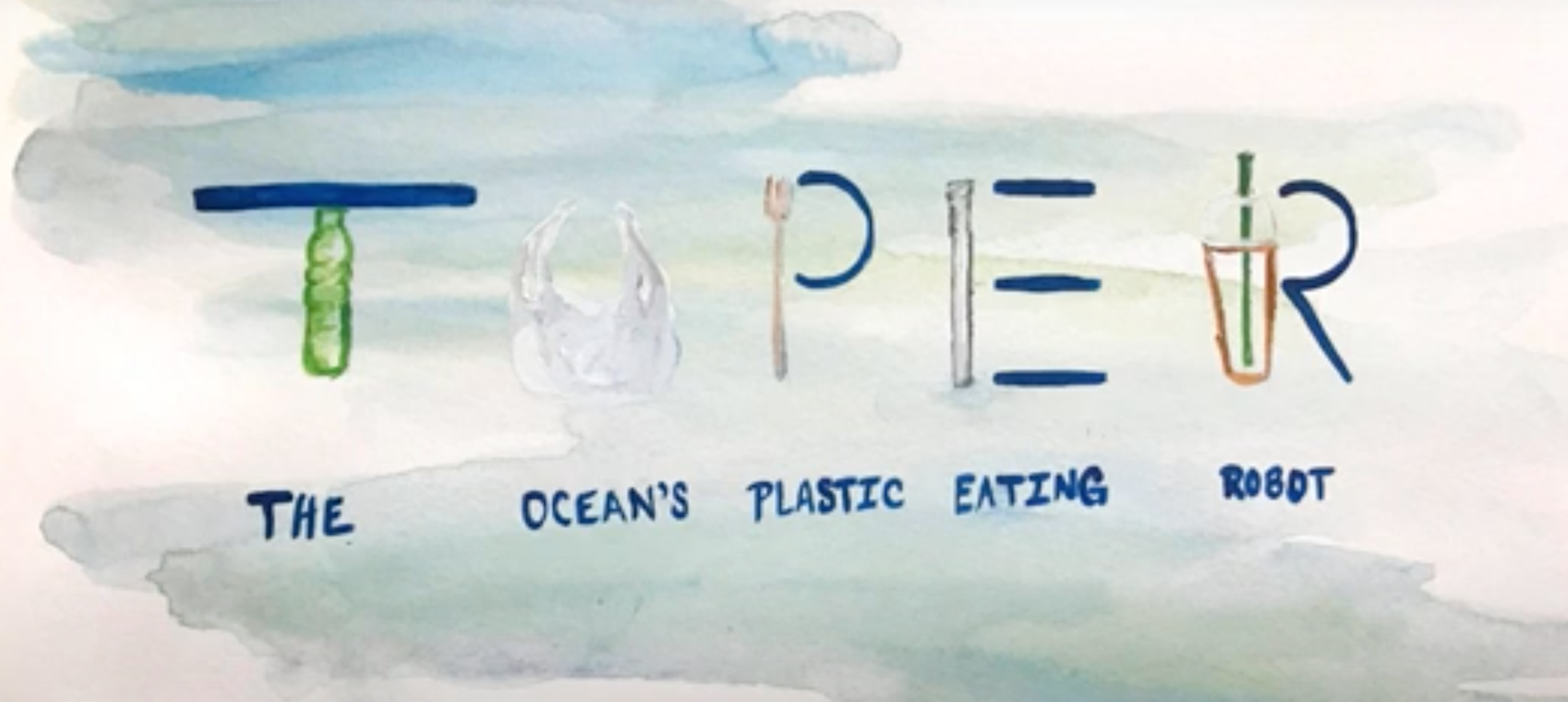
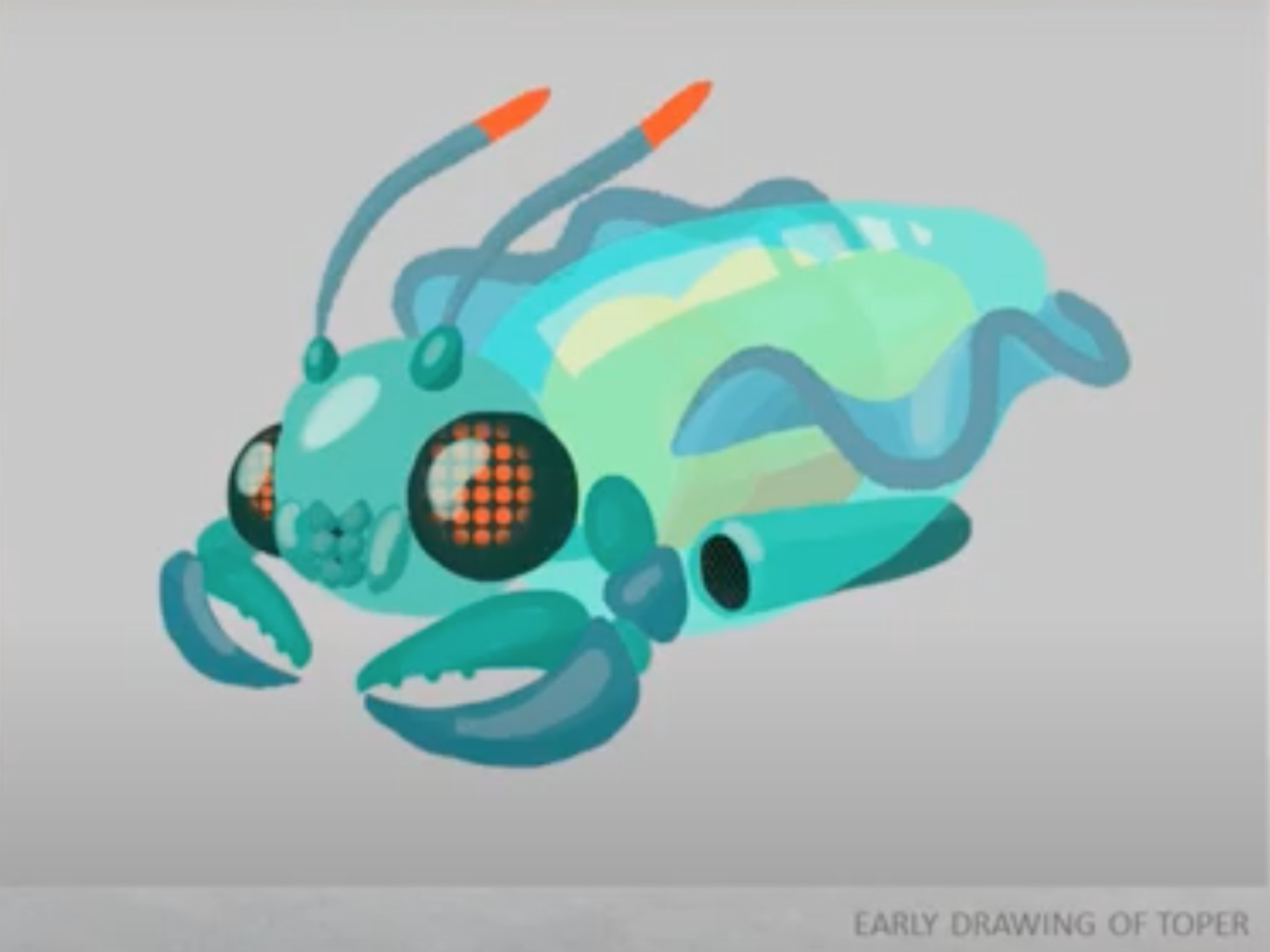
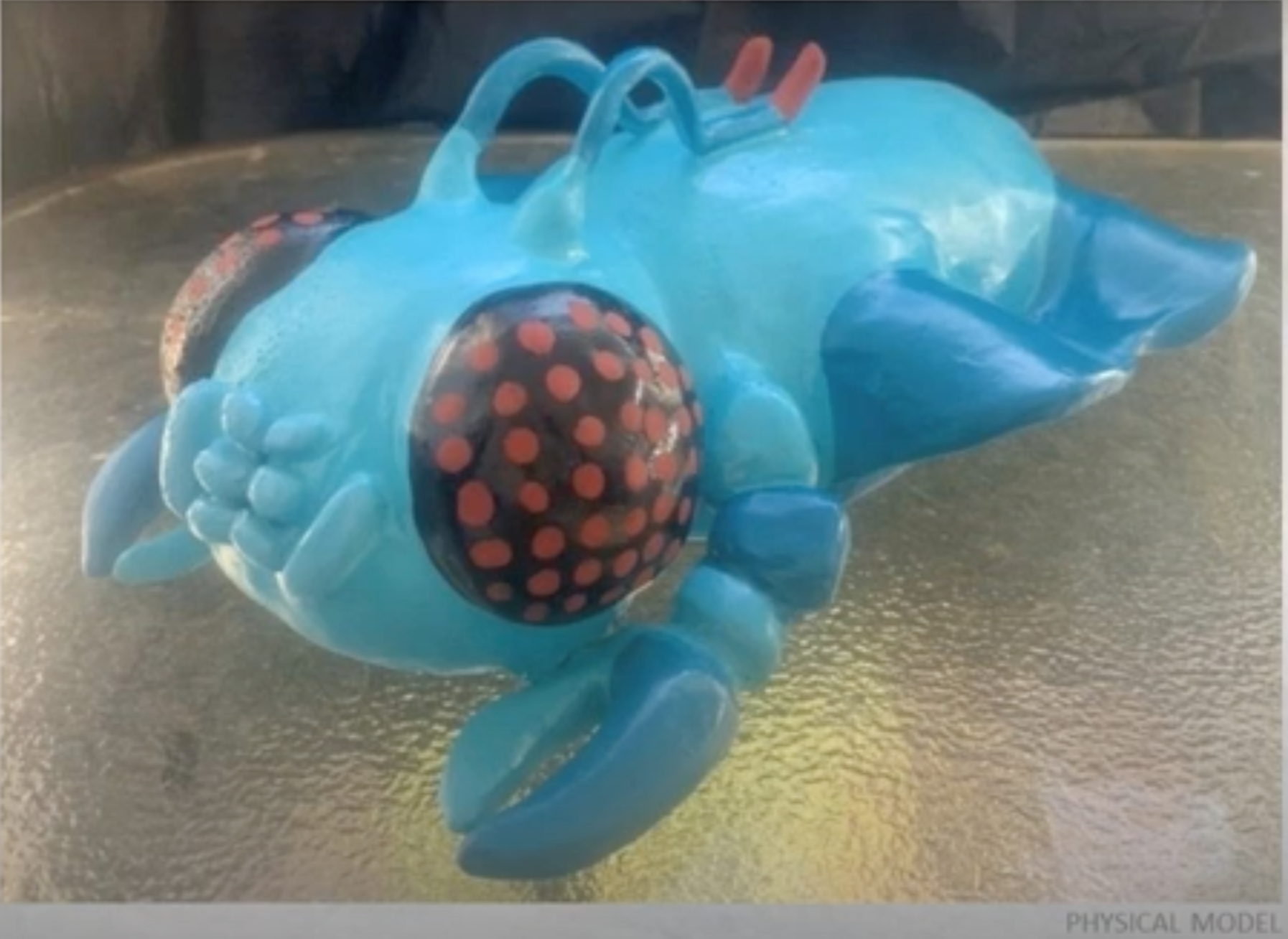
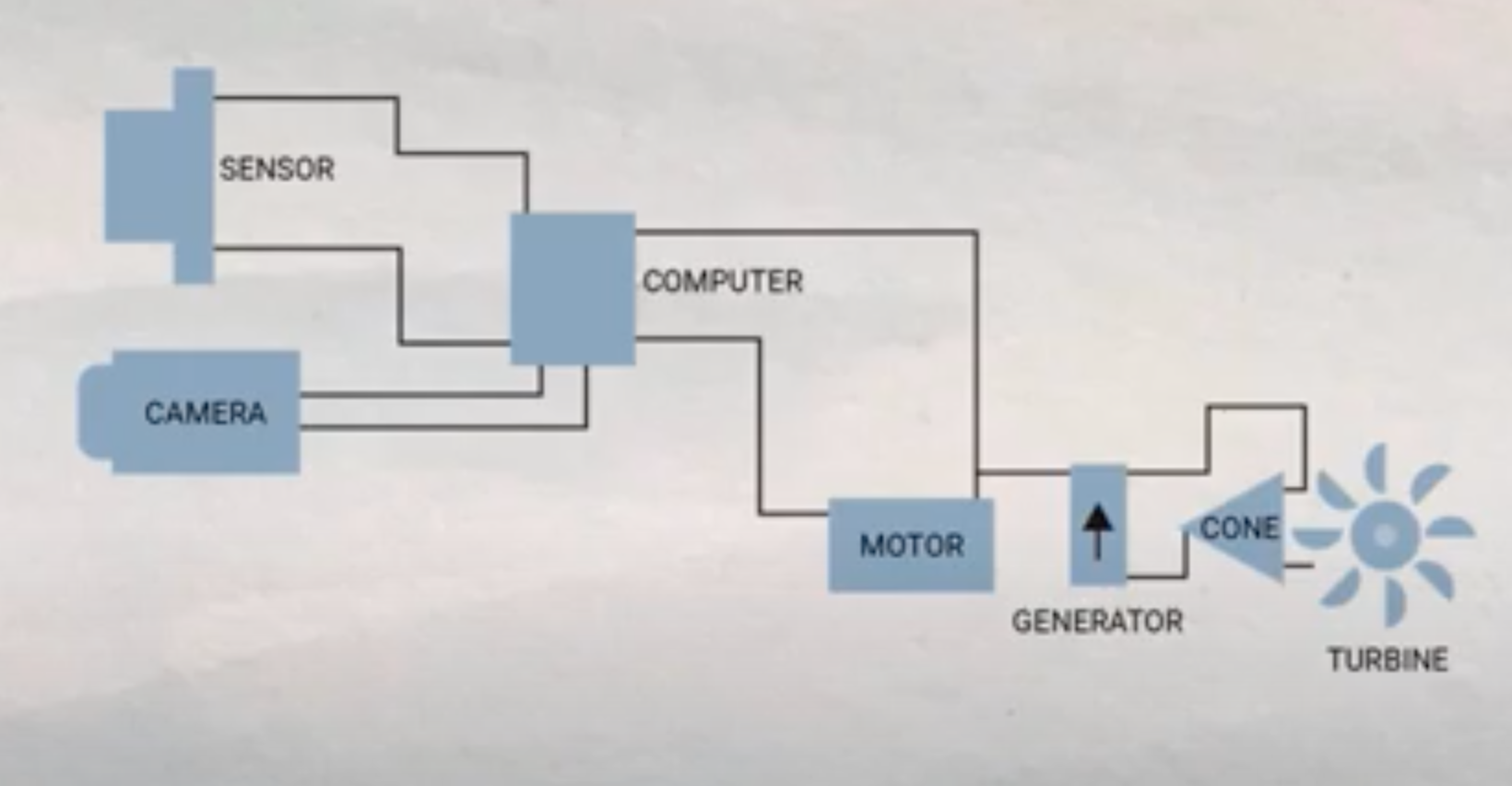
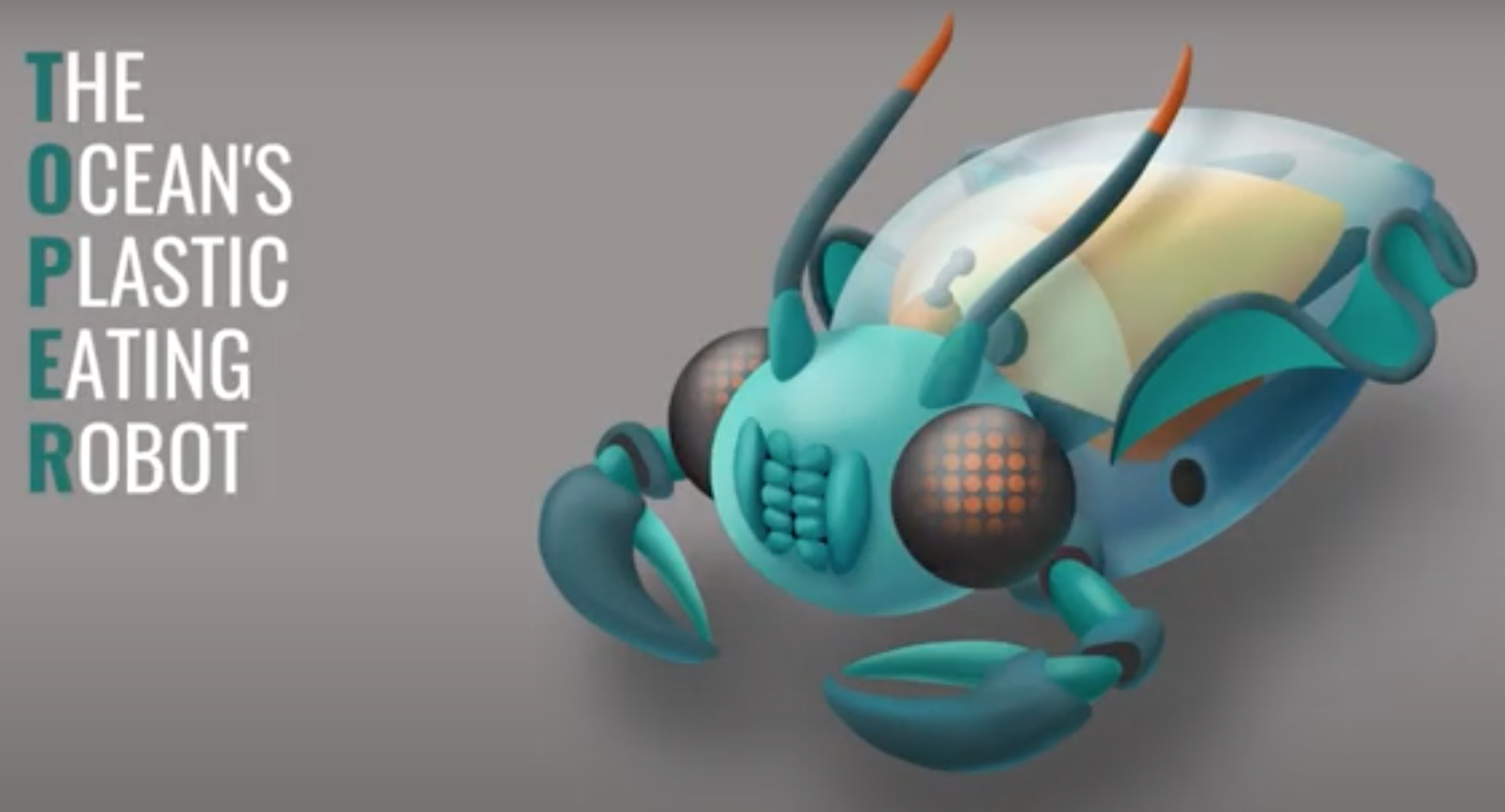
Atlas
Matthew Hillgartner, McKenna Mitchell
Atlas is a 3-phase environmental remediation project that aims to lessen the effects of climate change.

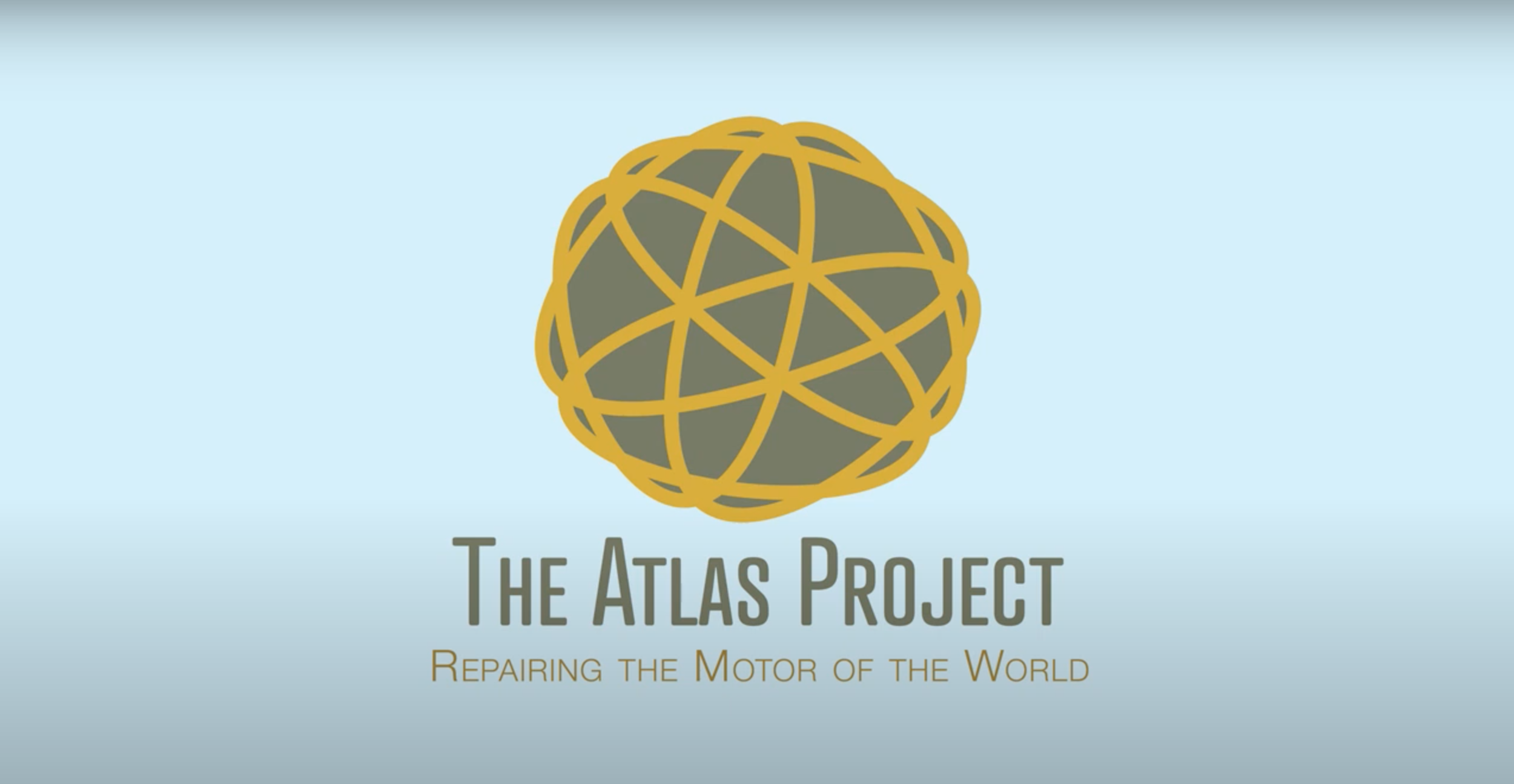
Anthem
Matthew Hillgartner
Anthem is a bioremediation project that aims to use waste chemicals and contaminated soils as an electrolytic source. The current prototype is a nano-carbon honeycomb structure that surrounds a central core in a configuration that produces alternating current.
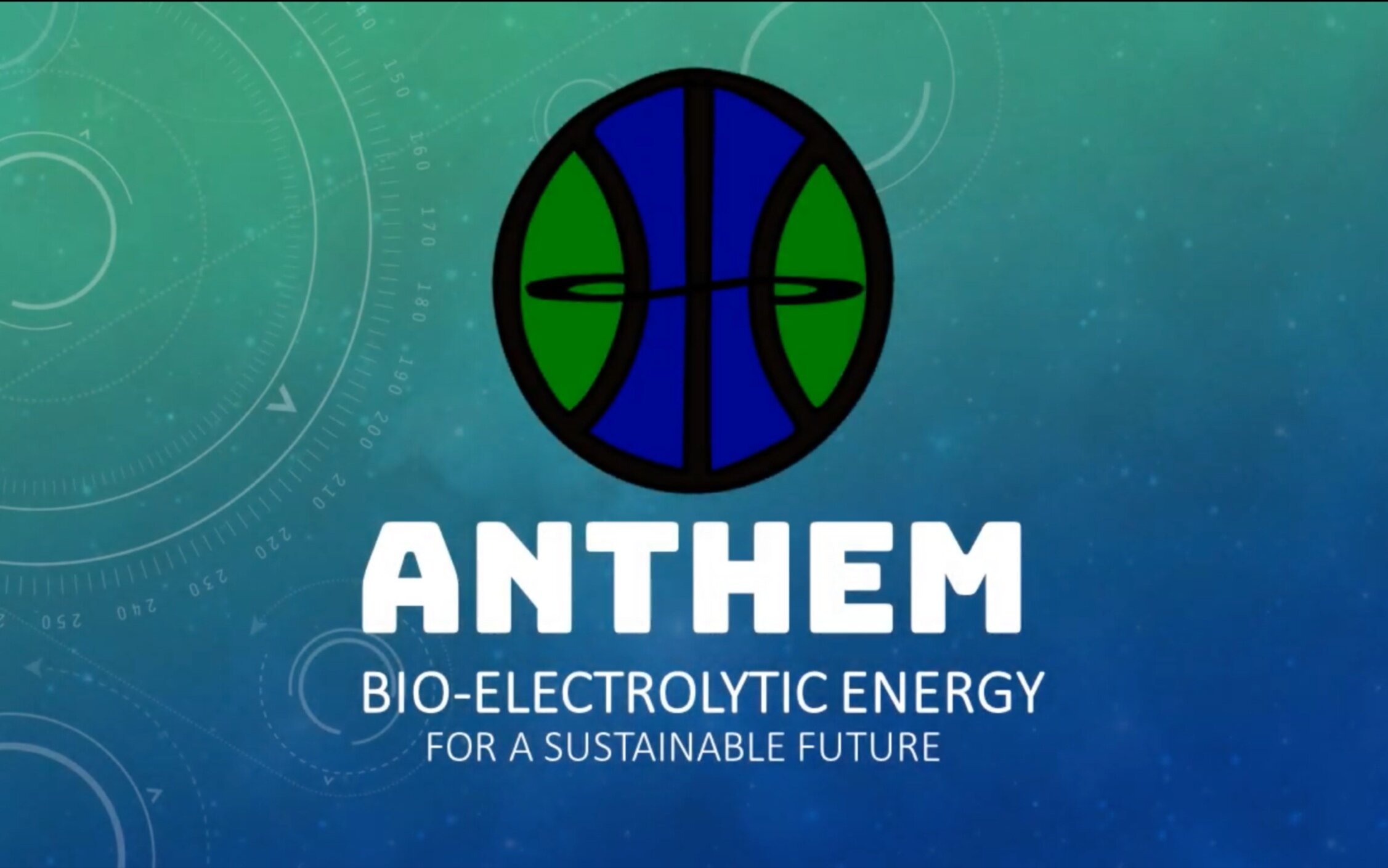
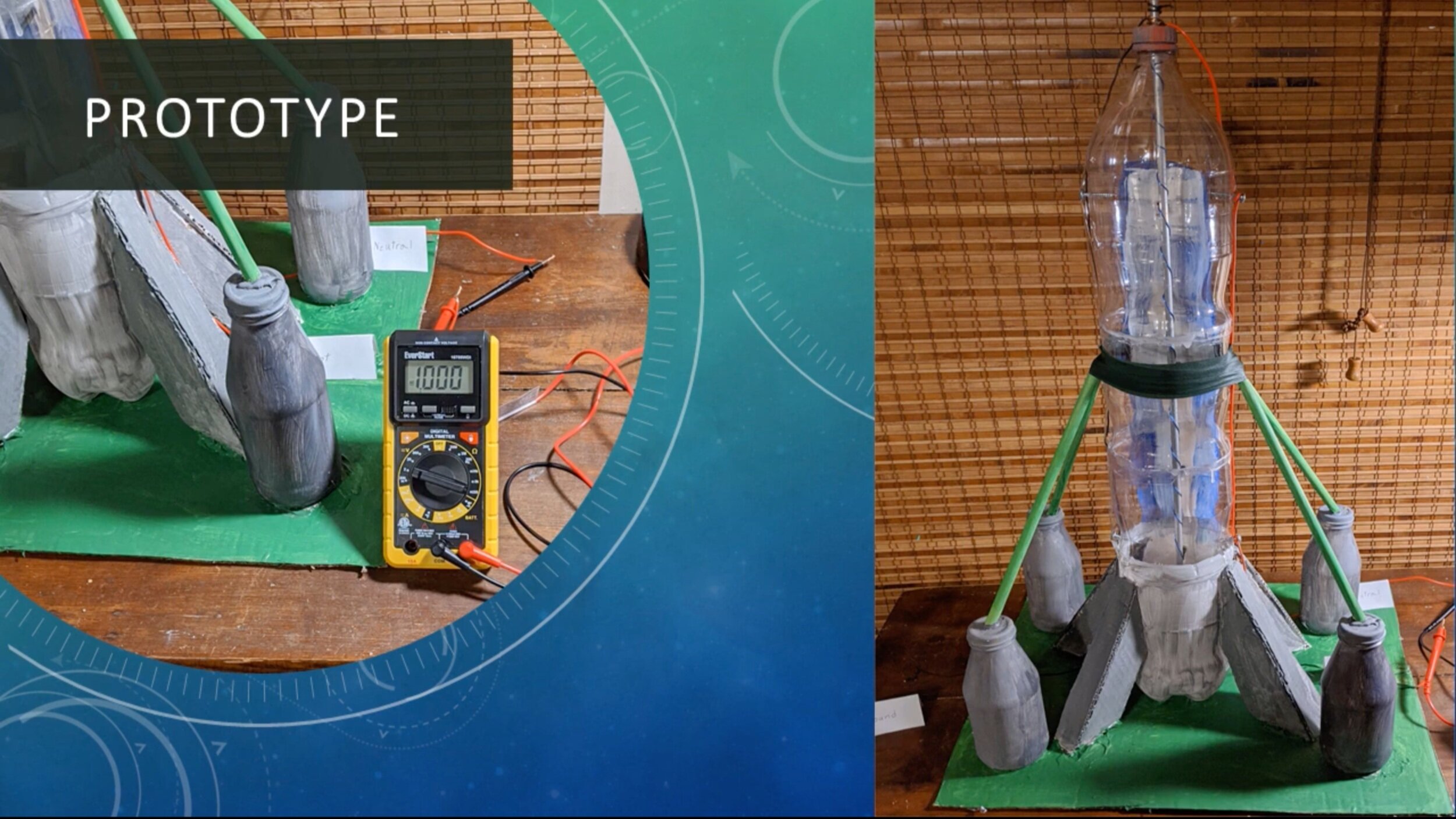
Instructors
Allison McElroy
Allison McElroy is a Professor of Art at Jacksonville State University. She received her M.F.A. from Savannah College of Art and Design. During her graduate studies, McElroy traveled to Lacoste, France where she studied on-site installation under Dr. Friedhelm Mennekes; renowned curator, professor and author. McElroy’s artistic interests lie in an exploration of ecosystems, natural processes and materials. Her research focuses on explorations of creating with everyday materials such as dirt and spiderwebs, to push the boundaries of ‘high art’; that which is exhibited in museums. Her artistic techniques include: mixed media, sound recordings, and on- site installations using native materials collected from the area. JSU provides McElroy with an outdoor classroom, to teach “Art and Science Observations” where students focus on merging art and science together in a way to bring awareness to contemporary environmental issues.
Teje Sult
B.S. Electronics Technology & Computer Integrated Manufacturing, Jacksonville State University • B.S. Industrial Management & Occupational Safety & Health, Jacksonville State University • M.S. Occupational Safety & Health, Murray State University Originally from Georgia. Teach Applied Engineering classes. Currently teaching Machining Tools and Processes; Cost Analysis; Biodesign Challenge; Programmable Logic Controllers Works also as a wildland firefighter for USFS and as an extrication specialist/firefighter for Talladega Superspeedway. Volunteer for Cheaha state park for environmental programs.
Dr. Jimmy Triplett
Jimmy Triplett is an Associate Professor of Biology at Jacksonville State University (JSU). He received his Ph.D. from Iowa State University and completed post-docs at the Smithsonian Institution and the University of Missouri-St. Louis before joining JSU in 2010. He teaches a variety of courses, including Plant Taxonomy, Economic Botany, and Evolutionary Biology. Triplett is curator of the JSU Herbarium, a collection of more than 70,000 plant specimens. His research focuses on the evolution of grasses, including bamboo, and the role of hybridization and polyploidy in plant diversification. He has conducted field work in the US and across Southeast Asia. Since moving to Alabama, he is actively pursuing research on regional plant diversity. Triplett is the recipient of several grants, including National Science Foundation support for the JSU Herbarium. He collaborates on numerous projects at JSU, including inter-disciplinary initiatives Biology and Art.
Advisor
Will Walker
Will Walker is a Product Designer focused on enabling, democratic technologies. At the MIT Design Lab, he worked on tangible interfaces and computationally derived metamaterials. He helped to launch the first affordable, mass market stereolithographic 3D printer at Formlabs. A veteran of both Apple and Google, his current work is focused on ambient computing and emerging radar-based interfaces.
